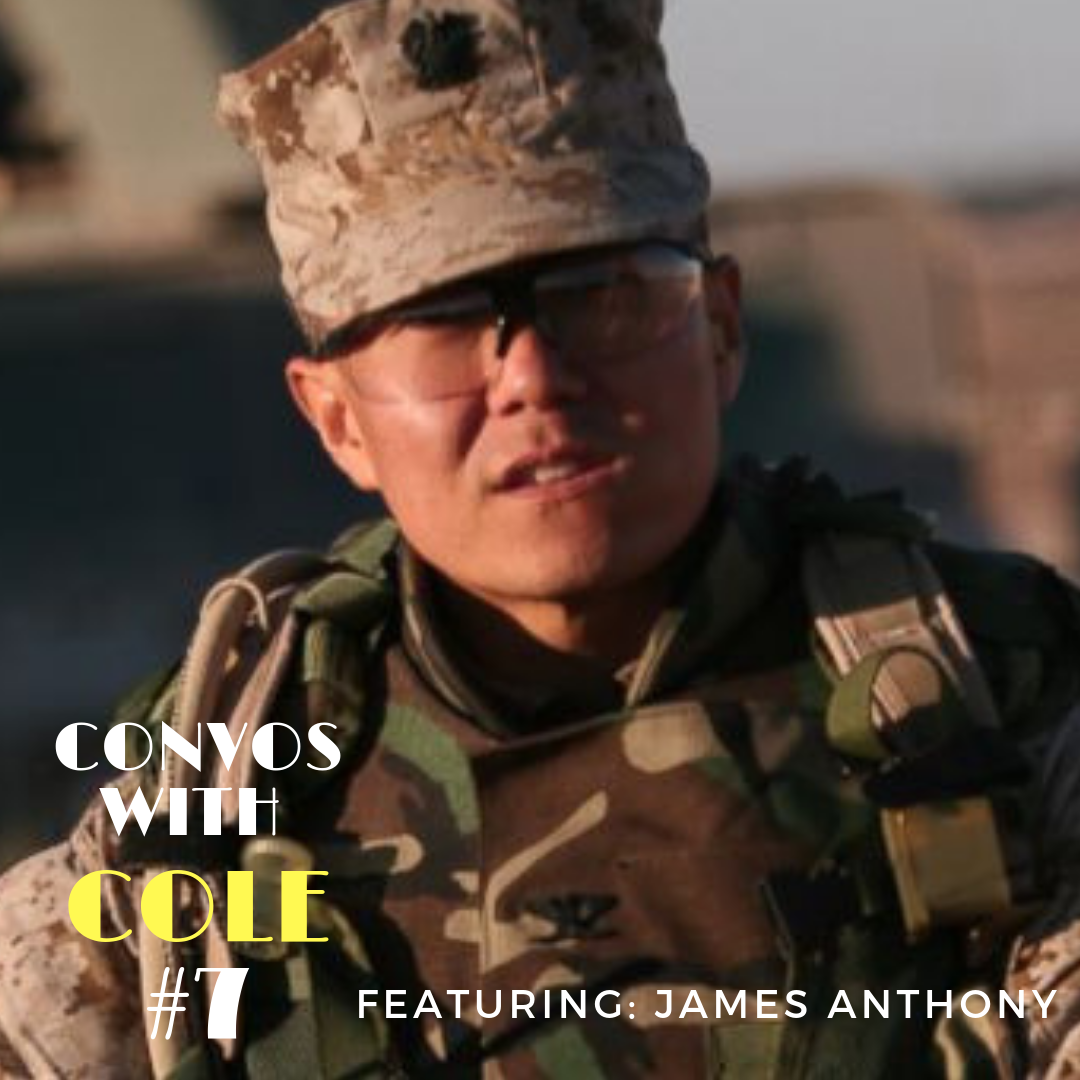Dr. Peter Rhee- Spears, Gunshots, Leadership, and Embracing The Suck

“A good leader will help a group of people get to the place they wanted to go, but a great leader will take a group of people where they didn’t want to go, but needed to go”
-Dr. Peter Rhee
Dr. Peter Rhee is a nationally renowned trauma surgeon and is currently the Chief of Acute Care Surgery and Medical Director of the Marcus Trauma Center at Grady Hospital. Dr. Rhee is a retired U.S. Navy Captain with 24 years of active duty, serving in Afghanistan and Iraq during Operation Enduring Freedom and Operation Iraqi Freedom. He serves on national research committees including the Defense Health Board’s Subcommittee on Trauma & Injury and the U.S. Food and Drug Administration’s blood products advisory committee. He has authored and co-authored more than 350 peer reviewed publications, 20 book chapters, and 3 books.
He quickly rose to national attention after the 2011 Tuscon Shooting, where he was the trauma surgeon who helped save Congresswoman Gabby Giffords life after being shot in the head. He was raised in South Korea and Africa and also has a recent book (fantastic read) called:
Trauma Red: The Making of a Surgeon in War and in America’s Cities.
I had a fantastic time interviewing Dr. Rhee and listening to his stories, ranging from childhood experiences, to war stores, and anything and everything in between.
In this interview we dive into
- Dr. Rhee’s background
- The story of a spear in the belly
- How to deal with death
- Training surgeons in the inner city
- The 2011 Tuscon shooting incident
- What makes a good leader
- +much much more
Enjoy!
Show notes:
3:20 – Start of interview
4:07 – Dr. Rhee discusses where he grew up
6:17 – Dr. Rhee shares some memories of growing up in Uganda and his schooling
8:09 – Dr. Rhee talks about learning English
9:20 – Dr. Rhee mentions toys that he would play with as a child
10:15 – Dr. Rhee talks about movies and films in Uganda
11:17 – Dr. Rhee goes into his relationship with his father
14:55 – Dr. Rhee tells the “spear in the belly story”
17:45 – Dr. Rhee talks about Korean culture pushing towards being either a lawyer or doctor
18:28 – Dr. Rhee mentions what it was like being one of the only Asian families growing up in his area
19:38 – Dr. Rhee circles back to talk about his father’s expectations for his career
19:54 – Dr. Rhee discusses going to Georgia Tech
20:22 – Dr. Rhee talks about his original aspirations to be an engineer
21:10 – Dr. Rhee brings up the two reasons he went into medicine
22:29 – Dr. Rhee mentions someone he met that became a mentor of his in Georgia Tech
23:16 – Dr. Rhee talks about what got him into the Navy
26:27 – Dr. Rhee tells the story of how he wanted to be a Urologist
30:50 – Dr. Rhee talks about going to military medical school
31:38 – Dr. Rhee discusses wanting to be a surgeon after medical school
33:02 – Dr. Rhee talks about “embracing the suck”
34:27 – Dr. Rhee talks about general surgeons “darker side”
35:15 – Dr. Rhee talks about his interview with Dr. Mason
40:56 – Dr. Rhee talks about his time as a trauma surgeon and the story of the six year old girl
44:40 – Dr. Rhee talks about need to not show emotions when you’re in charge of a medical staff
48:36 – Dr. Rhee discusses the navy trauma training program
51:18 – Dr. Rhee talks about his experience on September 11th
54:39 – Dr. Rhee talks about the rise of gunshot wounds in America
55:35 – Dr. Rhee discusses the second amendment
58:06 – Dr. Rhee talks about the day of the Rose Bowl
1:04:35 – Dr. Rhee discusses the effect choosing who is beyond medical help has on the psyche
1:05:52 – Dr. Rhee talks about providing medical care for the enemy
1:08:38 – Dr. Rhee discusses difficult situations as a trauma surgeon
1:11:42 – Dr. Rhee talks about the 2011 Tuscon shooting
1:19:29 – Dr. Rhee talks about leadership
